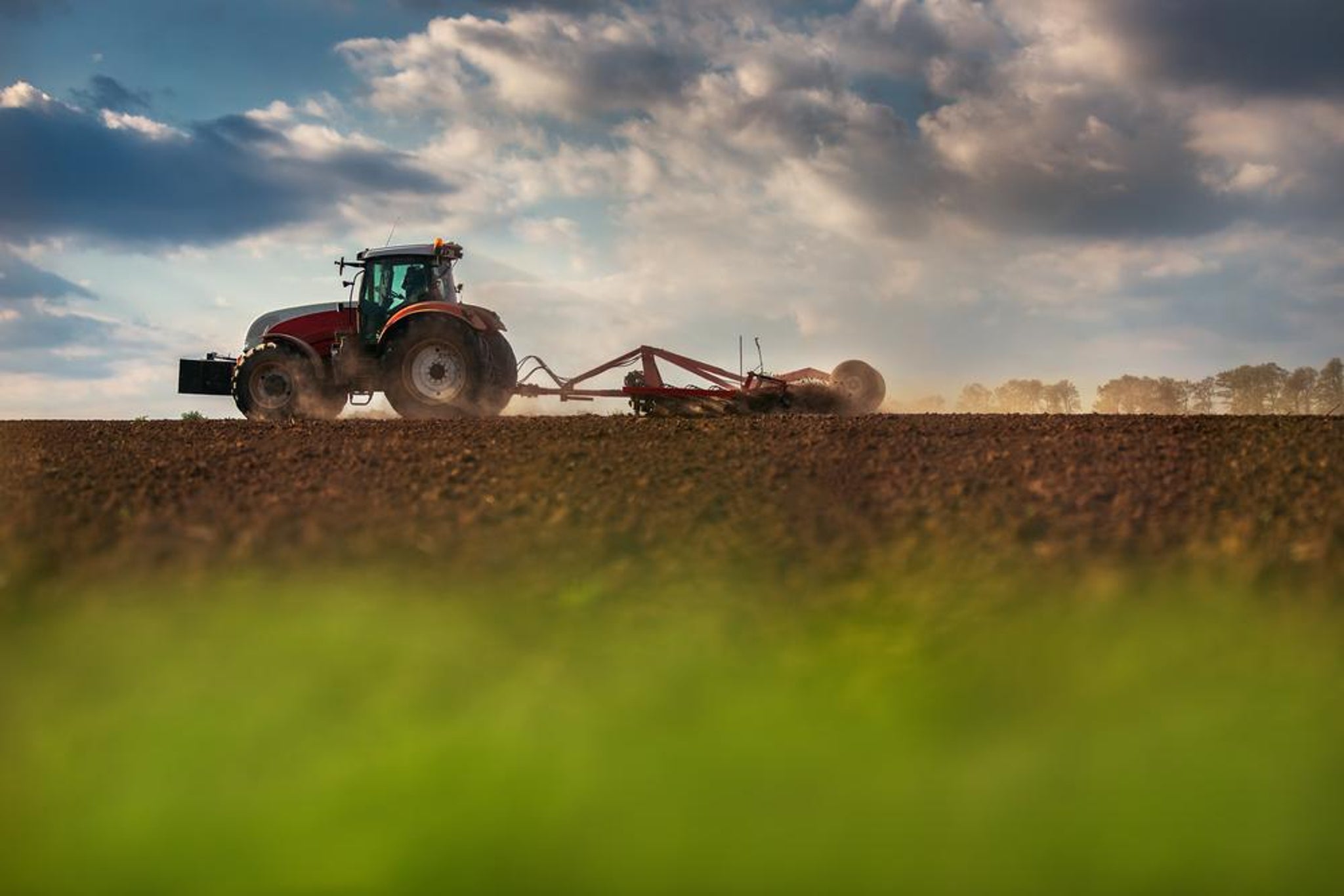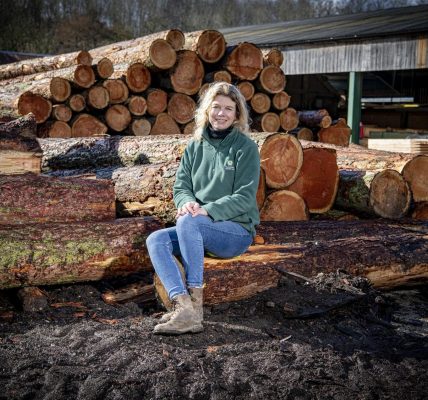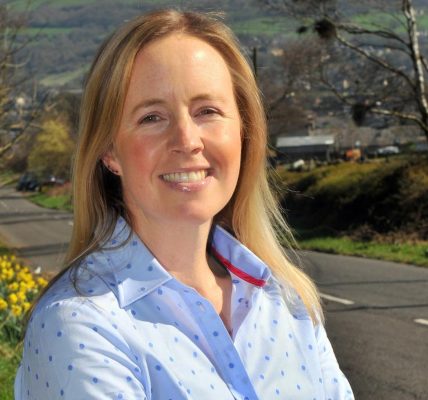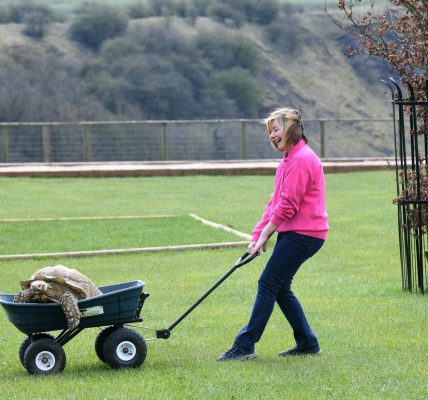What will subsidy changes mean for US farmers?
Charlotte Boyes, solicitor in the Agriculture team at Wilkin Chapman solicitors, considers the life-changing decisions currently facing some tenant farmers and landowners.
Whilst the UK’s Brexit transition period may have ended at midnight on December 31, for tenant farmers and landowners another vital transition goes on.
For both there is much to consider, and it is the practicalities that must be examined as they move through to 2027 when the present subsidy transition period ends, and the Environmental Land Management Scheme (ELMS) is introduced.
Some will make life-changing decisions when faced with this new scheme, which will reward them for the work carried out on their land for public and environmental benefit.
This replaces the receipt of payments for having the land on which they grow crops.
There is no doubt that ELMS cuts connections between the payments/subsidies and the actual farming. Bearing that in mind, there is a real chance that some, particularly the more industrial ones, will decide not to carry on.
Further to this, DEFRA has indicated that between 2024 and 2027 it will allow farmers to delink Basic Payment Scheme (BPS) subsidies, taking BPS as a usual annual payment or as a lump sum.
In short, this means there can be ongoing payments without any corresponding requirement to farm or the lump sum can be taken. In offering this there is an expectation that it will be tenants claiming BPS payments during this period who will be eligible to receive these new delinked payments.
Interesting to note that 2024 is also the year that the roll out of ELMS is due ahead of its complete implementation in 2027.
In practice, what does this delinking mean?
– It could present a family with the option of allowing grandparents or older parents to retire with the lump sum leaving the younger members to continue, although how financially feasible that would be remains to be seen.
– Does it raise concerns within landlords and sellers that tenants may run off with delinked payments or the lump sum?
– When occupiers are changing (either a sale or a new letting), is it right that the ‘reference period’ for these to be claimed on sits with the old occupier? Should the benefit sit with the new one?
Whatever decisions are reached it is clear they must be considered carefully, and options should be discussed with the most relevant and trusted specialists – as well as all involved.
For more advice or information, Charlotte Boyes can be contacted on 01482 398829, email or visit wilkinchapman.co.uk
Find out more at www.wilkinchapman.co.uk/sectors/agriculture-food










